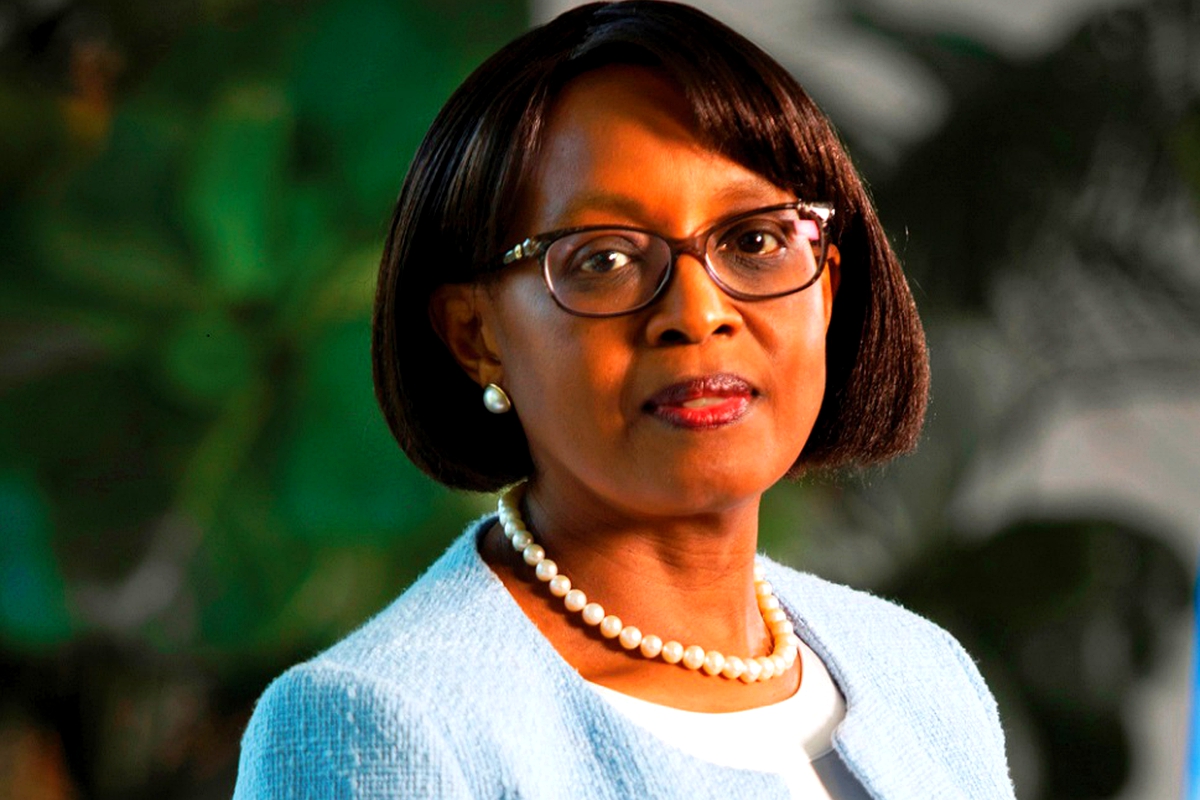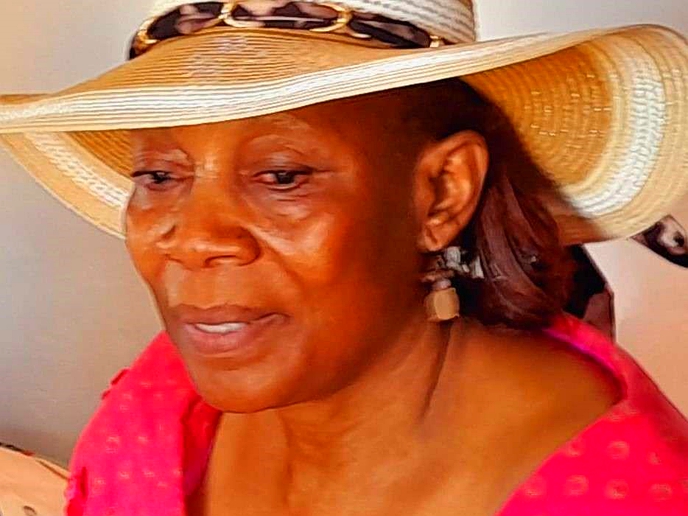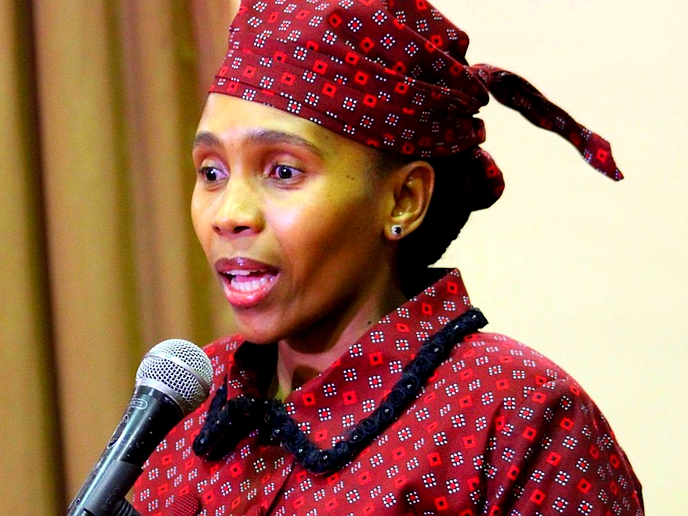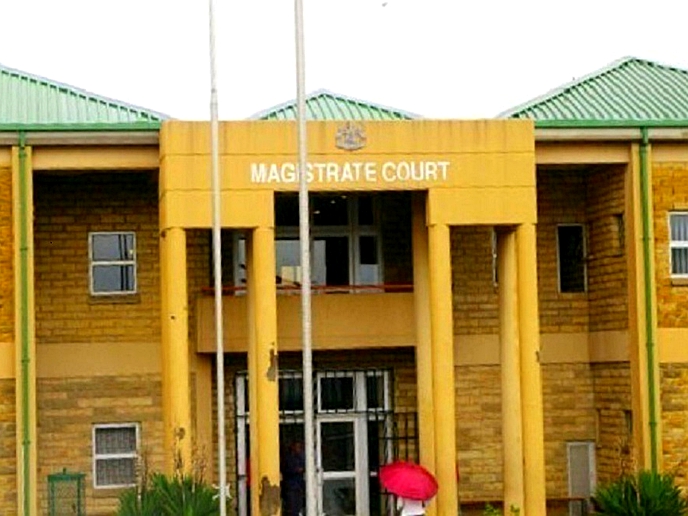THE World Health Organisation (WHO) Regional Director for Africa, Dr Matshisiso Moeti said the health of all peoples is fundamental to the attainment of peace and security and is dependent upon the fullest cooperation of individuals and states.
health
April 11, 2023
WHO News
4 min read
WHO celebrates 75 years of hard work for peace

WHO Regional Director for Africa, Dr Matshisiso Moeti
Story highlights
She made these remarks on April 4 during this year’s edition of World Health Day, which also marked the 75 anniversary of WHO, a specialised agency of the United Nations (UN), responsible for international public health.
World Health Day is a global health awareness day celebrated every year on April 7, under the sponsorship of WHO, as well as other related organisations.
“Seventy-five years ago, the WHO was founded with an ambitious objective, “the attainment of all peoples of the highest possible level of health,” Dr Moeti in her message for this year’s celebration, adding that the WHO Constitution reinforces that objective.
“Therefore, it is most appropriate that this World Health Day is commemorated under the theme “Health for All.”
She said important achievements have been realised towards the aspirations of the leaders who founded WHO. “Smallpox, which claimed an estimated 300 million lives in the 20th century alone, has been eradicated. Since 1974, millions of children have received life-saving vaccines and other child survival interventions.
“In 2020, the WHO Africa Region received certification for eradicating wild polioviruses.
“Scaling up essential health services and coverage with key interventions has yielded results. Between 2011 and 2021, new HIV infections in the WHO African Region were reduced by 44% and AIDS-related deaths by 55%. TB deaths in the region fell by 26% between 2015 and 2021. Simultaneously, healthy life expectancy in the African Region increased on average by ten years per person between 2000 and 2019.”
Dr Moeti said in September 2019, world leaders endorsed the Political Declaration of the UN High-level Meeting on Universal Health Coverage, the most comprehensive international health agreement in history.
Universal Health Coverage (UHC) represents the aspiration that quality health services should be received by everyone when and where needed, without incurring financial hardships.
UHC is the tool by which health for all is achieved. Beyond health and wellbeing, UHC also contributes to social inclusion, gender equality, poverty eradication, economic growth, and human dignity.
Although most Member States in the African Region have integrated the attainment of UHC as a central goal of their national health strategies, progress remains varied in translating this progress into equitable and quality services as well as increasing financial protection for the population.
“About half of Africa’s citizens (48%) – some 672 million people – still do not have access to the health care they need. This results from weak health systems characterised by inadequate health infrastructure; poorly designed policies to limit financial barriers to health services; shortage of qualified health workers; inadequate access to quality medicines, medical products, and innovative technologies.
“The COVID-19 pandemic, health emergencies, and worsening climate situation negatively impact efforts to accelerate progress towards UHC. The pandemic caused widespread disruptions to essential services. Health emergencies, many of which are driven by climate change, often disrupt access to safe water and sanitation services, increasing the risk of waterborne and vector-borne diseases,” Dr Moeti said.
She added: “Strengthening health systems based on strong primary health care (PHC) is crucial to building better and accelerating progress towards universal health coverage and health security. Financial investment in PHC oriented by the building blocks of health systems, particularly a health workforce, health infrastructure, medicines, and health technologies, should be supported and guided by evidence.”
Enjoy our daily newsletter from today
Access exclusive newsletters, along with previews of new media releases.
She further noted: “Ensuring additional investment to improve financial risk protection, addressing inequities, and building the resilience of national health systems in the post-COVID era is critical to our efforts to accelerate progress towards UHC in the African Region.
“I want to express my appreciation to governments, development partners, civil society, academia, the private sector, and communities for their commitment and contribution to achieving our collective effort of health for all. I am proud to have worked alongside all of you these past years. I look forward to a renewed collaboration and determination to make even more progress in the years to come.”
She said as the world moves towards the 2030 universal health coverage target, the WHO must be innovative and tackle persistent challenges.
“I encourage our Member States and all stakeholders to play our roles in ensuring political commitment is translated into evidence-based policies, strategies, and plans. These, in turn, must receive the investment they require to be effectively implemented.
“Let us all renew our determination, strengthen our partnership, and be innovative in our efforts to progress towards “Health for All” in Africa through stronger health services that offer holistic people-centered care to empowered and engaged communities.”
Tailored for you






